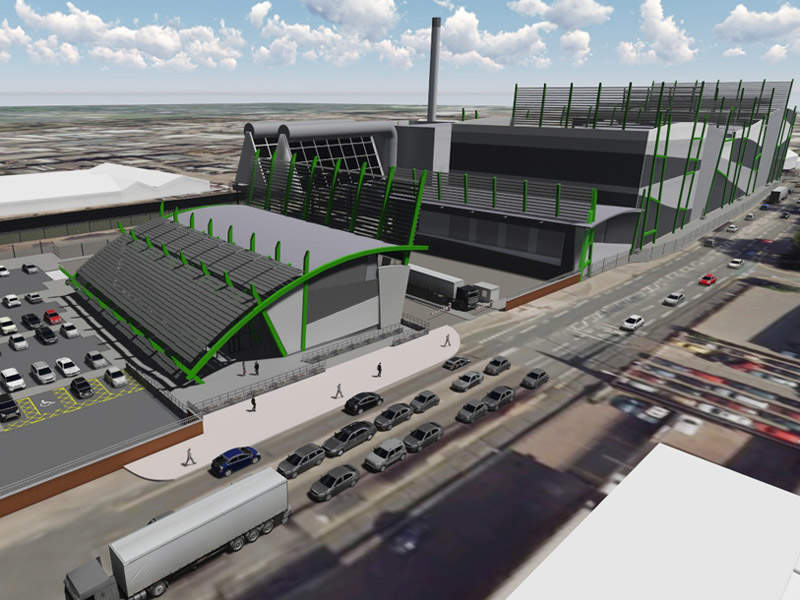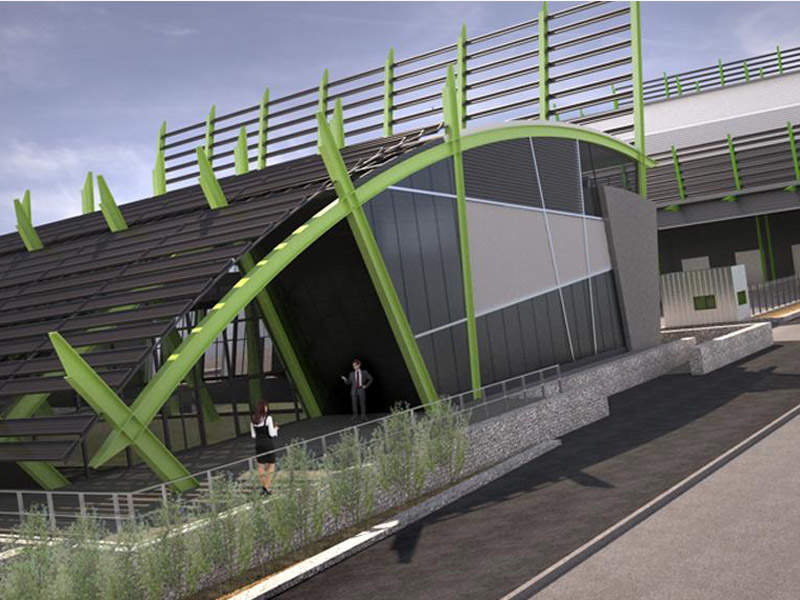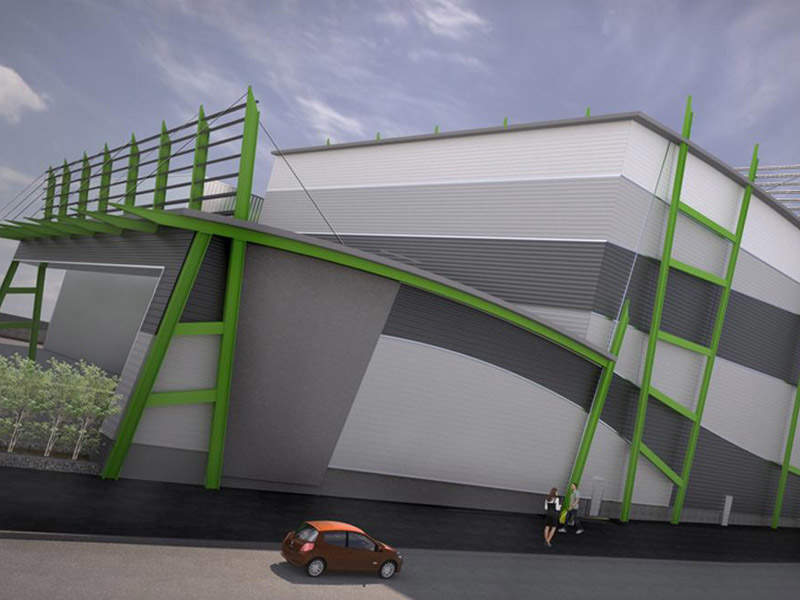The Energy Works Power Plant project involves the construction of an energy-from-waste (EfW) power plant, primarily incorporating fluidised bed gasification technology. The facility is being constructed on two adjacent brownfield sites in the industrial heartland of Hull, Yorkshire, UK, covering a total area of approximately 12 acres.
The project was first conceptualised in 2010 and the construction works commenced in January 2016. The facility is expected to be connected to the grid in 2017, and be fully operational in 2018.
The EfW power plant will be capable of processing more than 200,000t/y of solid recovered fuel derived from municipal, and commercial or industrial sources to generate 25MW of electricity.
EfW power plant ownership and financing details
The developer and owner of the project is Energy Works (Hull), a joint venture (JV) of Spencer, Bioenergy Infrastructure Group (BIG), Noy Fund, and John Hancock’s affiliate Hancock Natural Resource Group (HNRG).
Spencer, who conceptualised the project, will perform the civil works and manage the construction phase as well as the operations of the completed plant, on behalf of the equity investors.
The overall investment in the EfW plant is estimated to be £200m ($286m approximately). A £20m ($28m) grant has been awarded by the European Commission, through the European Regional Development Fund (ERDF).
The project is also being supported by the UK Government’s Contracts for Difference (CfD) arrangements, an initiative to stimulate investment in green energy developments, which ensures a guaranteed price for the renewable energy produced by Energy Works.
Energy Works power project make-up
The Cleveland Street brownfield site will be equipped with the gasification plant, associated power generation facilities and main feedstock storage facility, whereas the Dalton Street brownfield site will be equipped with a materials recycling facility, in-vessel composting facility and anaerobic digestion plant. The two sites will be linked by a conveyor system and access route.
The facility is also designed to serve as a combined heat and power (CHP) plant in order to meet the future heating requirements in neighbouring areas.
The project will also involve the installation of rooftop photovoltaic (PV) cells, which will generate approximately 0.25MW of electricity, and the construction of an educational resource centre for Hull University, which is a partner of the project.
Power and gas generation from the EfW plant
For the generation of electricity, the gasifier fluidised bed will be heated to more than 700°C using the feedstock and generate syngas, which will be mixed with air. This will be combusted in the upper stage of the chamber to produce hot gas that will be used to fire a boiler and generate steam.
The generated steam will then be used to drive a turbine generator and produce electricity.
The 3MW thermal anaerobic digestion facility will convert the biodegradable materials into biomethane gas, which will be conveyed to the national gas grid.
Feedstock details
The project facilities are designed to be compatible with multiple solid fuels. The feedstock will be conveyed to the site pre-prepared to meet the specifications of the gasifier, with only the final screening and blending activities conducted onsite.
The power plant will initially utilise 150,000t of waste wood and 37,000t of processed commercial and industrial waste, eventually going on to incorporate municipal solid waste materials as feedstock.
The main feedstock storage facility will be capable of handling enough feedstock to feed the gasifier for approximately 10 weeks.
Grid connection and power purchase agreement
The output from the project will be conveyed to an adjacent 132kV sub-station for subsequent connection with the grid and then sold to ENGIE (formerly GDF SUEZ).
Contractors involved with Hull City’s renewable power plant
The £150m ($214m approximately) engineering, procurement and construction (EPC) contract for the project was awarded to M+W Group.
Outotec has been subcontracted by the EPC contractor to provide its proprietary fluidised bed advanced staged gasification technology as well as perform the engineering and delivery of the main process equipment for the plant.
Energy Works project benefits
The project will redirect most of the city’s waste from landfill and its electrical output will be capable of serving approximately 43,000 households and offset 30,000t a year of carbon dioxide emissions.
The project is also expected to generate 160 jobs during the construction phase and 25 permanent jobs when it comes online.






